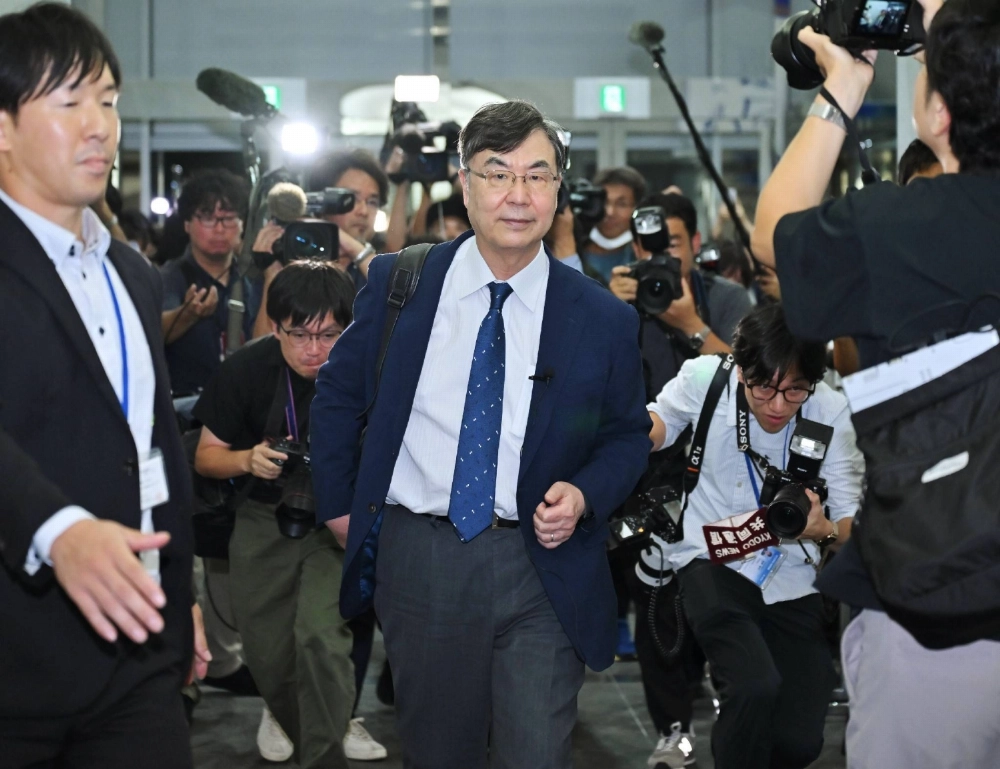Shimon Sakaguchi, an immunologist who won this year’s Nobel Prize in physiology or medicine, has one big message about science funding: invest in a diversity of basic research, knowing that some projects won’t yield results.
“We need to support science with the understanding that some will go to waste, that science has a poor success rate,” Sakaguchi, 74, said in an online interview with The Japan Times on Wednesday, two days after the nation rejoiced at the news of him winning the coveted prize along with two American scientists.
“If such an infrastructure is established, we will have more people with big ambitions and young people pursuing science.”


















With your current subscription plan you can comment on stories. However, before writing your first comment, please create a display name in the Profile section of your subscriber account page.